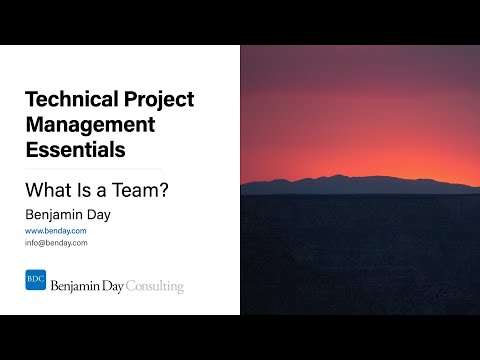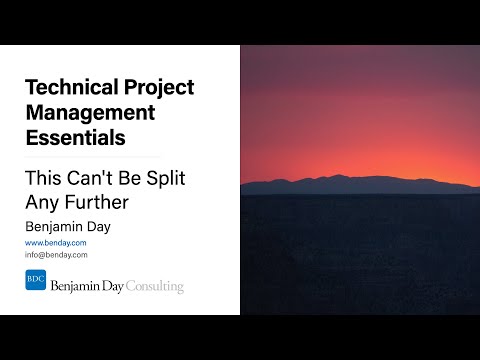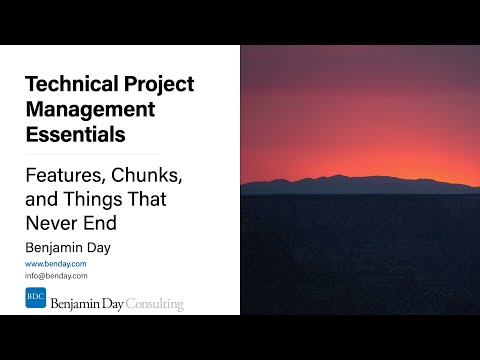I spoke at the Microsoft MSDN Developer Conference in Boston yesterday and did the "Developing and Deploying Your First Azure Services" session.
Developing and Deploying Your First Cloud Services
In this session we will take a tour of the capabilities of the Microsoft cloud platform by building and running a simple service using the platform SDK. The sample service highlights some of the features of the platform including service management, storage, and an integrated developer experience. This is a demo-heavy session.
If you were in my session yesterday, thanks for coming. You all were a really fun audience and I thoroughly enjoyed the Q&A session.
As promised, here are my demo code and slides. The code and slides are based on Steve Marx's presentation from PDC 2008 with some additional slides and some code refactorings from me.
Here's what's in the code zip file:
- HelloWorld2 -- The "Hello, World" app that I wrote while I was on-stage.
- Demo 0 -- My starting point for the blog demo. It has the web role and worker role created along with the AzureBlog.Business assembly that I was using for storage entities. It also has the current version of the StorageClient project from the Azure SDK.
- Demo 1 -- Completed version of the "blog engine" that allows you to create and view posts. This demonstrates the basics of working with Azure Table Storage.
- Demo 2 -- Completed version of the "blog engine" that allows you to create and view posts and also uses a WorkerRole to download and locally archive any images that are referenced from a blog post. This demonstrates the basics of Azure Table Storage and additionally demonstrates how to use Azure Blobs, Azure Queues, Azure Logging, and shows how to do asynchronous work using an Azure Worker Role.
- Demo 3 -- Exactly the same code as Demo 2 but the Azure Storage configuration endpoints have been modified to work with the production Azure Storage endpoints. If you want to deploy this demo and use your Azure storage account, you'll need to modify the configuration settings in ServiceConfiguration.cscfg to use your AccountSharedKey and your AccountName. You shouldn't need to modify the storage service endpoints.
If you want to see more Windows Azure and can make it to San Francisco, I'll be speaking at VSLive SF next month.
Windows Azure: Is The Relational Database Dead?
Is the relational database dead? Well, maybe. But let's put it a different way. Windows Azure lets you take your skills as a .NET developer and write applications that can run at “Internet scale” without having to learn a bunch of new stuff. You don't have to worry about managing your datacenter or servers or anything like that either — it's all taken care of for you; you just write the app. However, in order to make that “internet scale” performance a reality, you have to think a little differently about your data storage.In this session, Ben will show you how to write an application for Windows Azure using ASP.NET and WCF. He'll also tell you what you need to know to get the most out of Windows Azure Storage, including accessing storage via REST. Along the way, Ben will also show you some best practices to help you be more productive while writing and maintaining your Windows Azure application.
-Ben





